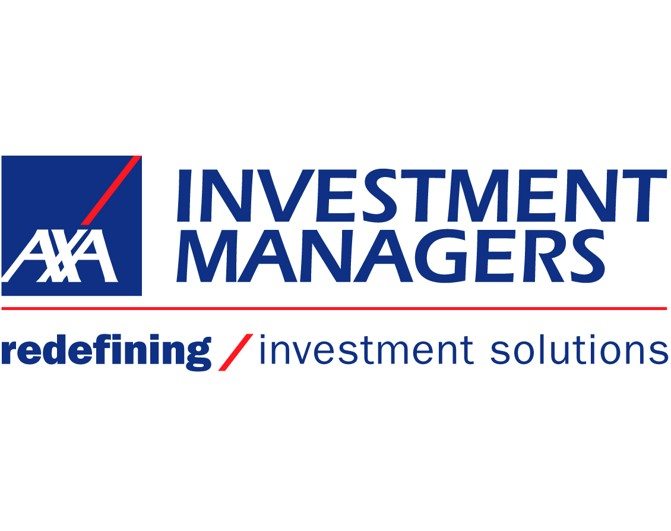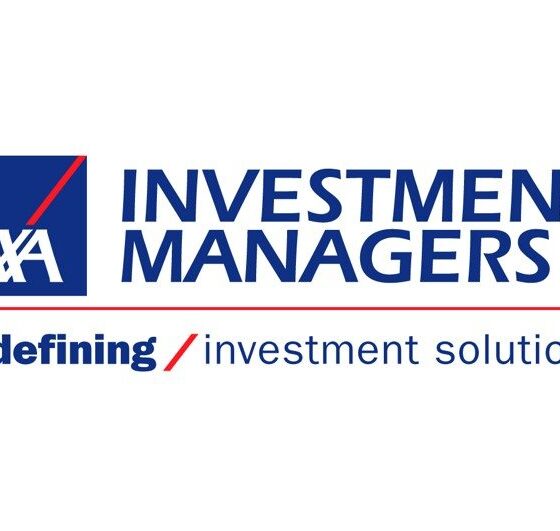

Environment
AXA IM Comments on The Outlook for Responsible Investment in 2016
Matt Christensen, Head of Responsible Investment at AXA Investment Managers (AXA IM), comments on the outlook for 2016. “Since our first mandate incorporating ESG (environmental, social and governance) criteria back in 1997, we have seen our clients pay increasing attention to a wide variety of RI topics. We believe that in 2016 we will see continued evidence of the gradual progression of RI from a specialist area to a ‘must have’. Below we discuss what we believe are the key themes and issues for investors in this space next year, mainly dominated by climate change and impact.
COP21 was a success and will accelerate the transition to a low carbon economy
“The Climate Change ‘Paris Accord’, the agreement reached at COP21, sends a clear message to companies operating in the power generation, energy, transport, buildings and industrial sectors that change is required now. It clearly reflects a worldwide awareness of the long-term risks of climate change on the environment and our economies.
“It is our expectation that investors will continue to increasingly focus on the emerging investment opportunities from climate change as well as on the related governance implications.
“In our view, the following three topics will increasingly influence investment decisions:
- The evolution of carbon-intensive sectors – while this could have an impact on pricing or asset allocation over the long-term, we believe that analysts and investors will incorporate climate change into their research and fundamental analysis to assess how companies choose to respond to the evolving landscape.
- Identifying opportunities to finance the transition to a low carbon economy – public and private investors will be key sources of capital for investment in new technologies that support energy efficiency or provide new sources of energy. Working off the assumption that the population will continue to consume the same level of energy, investments will be directed at either reducing the carbon intensity of current sources of energy or replacing this demand with new sources. The opportunity is widespread and will impact many different sectors, regions and asset classes.
- Greater engagement and higher governance standards – the Financial Stability Board will be pushing companies to disclose their climate related risks which will increase transparency for investors and in turn, support fundamental analysis, making ESG analysis and scoring more robust.
Divestment will accelerate in 2016…and so will engagement with companies
“We saw a number of significant investors divest from the most carbon intensive sectors in 2015 and believe that this will accelerate in 2016. So far, more than 500 institutions have divested representing close to $3.4 trillion (Fossil Free, 2015).
“Coal divestment as a strategy to combat climate change is sometimes criticised; requesting companies that are pure coal players without diversified sources of revenues to switch to cleaner technologies can prove almost impossible. Nevertheless, we believe that a mix of both divestment and engagement is likely to result in most positive outcomes for the environment. For coal-related companies that remain in investment portfolios, ESG fundamental analysis can monitor the actions that such companies are taking to promote energy efficiency. Engagement will allow investors to have a better view of the progress made by these companies in moving to cleaner technologies and a more environmentally friendly business model.
Green bond issuance will increase signalling the need for selectivity
“2015 was the fourth consecutive record year for the issuance of green bonds. The market now stands at USD 100 billion (Bank of America Merrill Lynch, December 2015), in line with our expectations at the start of the year. We saw a new trend emerge this year with increased green bond issuance from the corporate sector. The corporates are now the number one issuers of green bonds making up around 45% of total issuance in 2015 (Bank of America Merrill Lynch, December 2015). Until now, the market was dominated by supranational issuers and agencies.
“The pace of issuance accelerated significantly in the fourth quarter of the year, partly because of the run-up to COP21, but equally due to the development of voluntary standards for issuing green bonds coming out of India and China. So far, the financial sector has been the first mover among corporates in this space, exceeding power producers that are entering the market with the aim of refinancing their renewable assets. These issuances demonstrate the financial sector’s willingness to actively participate in the transition to a low carbon economy.
“We expect demand from investors for green assets to continue, including an increase in issuance by corporates, mostly in euro and dollar denominated bond vehicles. This includes both responsible investors as well as more traditional investors attracted to the asset class by the promise of additional yield premium, increased diversification and environmental benefits. Even private placements are growing as demonstrated by Schneider’s green bond issuance in the French market last year where AXA IM was a leading partners in completing this deal, allocating almost 80% of the issue. With the expansion of the market in green investments, we view having a highly selective investment approach as critical.
“AXA IM remains an active supporter of the green bonds market. We believe that green investments such as green bonds are a key way for asset managers to help clients transition to a low carbon economy. AXA IM’s CEO Andrea Rossi recently reiterated our active stance on the matter by signing the Paris Green Bonds Statement during COP21.
“The AXA WF Planet Bonds fund benefits from our global fixed income selection process as well as being in line with AXA IM’s internal ESG analysis and screening criteria to identify the investment opportunities that we believe will deliver tangible environmental impacts and to avoid green washing.
The importance of addressing environmental issues will rise at AGMs significantly
“While in 2015 discussions related to climate change took place with boards, driven by investor initiatives, in 2016 we expect to see these issues at the top of the AGM agendas as a way for shareholders to give boards a clear direction on these matters.
“It is becoming increasingly critical for companies to respond to climate change and related risks. This also means that improved reporting on climate related risks will be a priority in 2016. This is why AXA IM has joined a coalition of investors to file resolutions at AGMs to request for improved climate risk reporting from a number of companies. Company boards will need to illustrate to investors how they are planning for a low carbon environment.
Impact investment will become a key trend in RI
“RI is a key trend for the asset management industry today and demand has increased significantly over the past 20 years. The next phase of RI will be the incorporation of Impact. We see Impact as a wave – it started with alternatives, but will grow to touch all asset classes, including listed and public securities. In time, we believe that the culture of impact measurement will become embedded across the financial industry.
“Looking at impact investing as of today, while the market is still young, it has been predicted to grow to as much as $500 billion by 2019 or ~1% of global assets (Monitor Institute, January 2009), which is just one example of the immense potential of RI as a whole.
“At AXA IM, we believe that RI consists of an array of factors that will shape the future. Such factors can be sources of risks but can also create opportunities. AXA IM’s RI capabilities and platform enable the embedding of ESG research across all asset classes – providing clients with the opportunity to select the level of ESG integration that best suits their specific needs. In addition to ‘mainstreaming’ ESG, AXA IM offers specific core RI, impact and green bonds funds, RI solutions and advisory services.”


 Environment12 months ago
Environment12 months agoAre Polymer Banknotes: an Eco-Friendly Trend or a Groundswell?

 Features11 months ago
Features11 months agoEco-Friendly Cryptocurrencies: Sustainable Investment Choices

 Features12 months ago
Features12 months agoEco-Friendly Crypto Traders Must Find the Right Exchange

 Energy11 months ago
Energy11 months agoThe Growing Role of Solar Panels in Ireland’s Energy Future


























